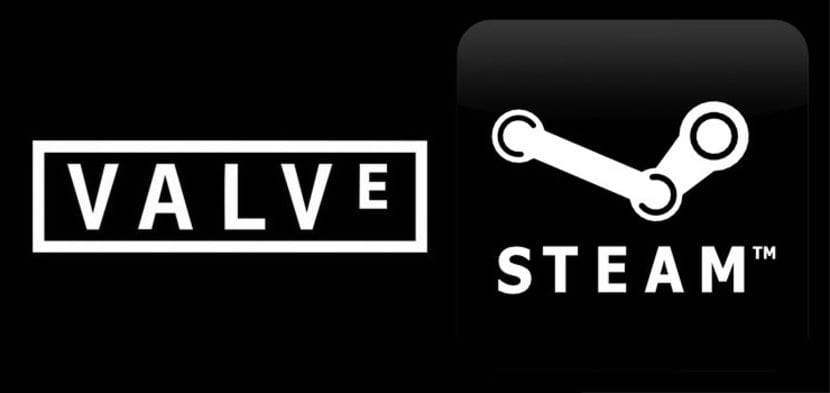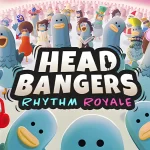News of Valve getting rid of games with AI-created or assisted content has been circling for a few days. This has left developers concerned over the lack of transparency with AI-Generated content. Valve clarified its stance yesterday.
Copyright and Ai-Generated Content
Valve explains that, fundamentally, they have no issues with AI content. The main issue is copyright problems. Valve has reportedly prevented a developer from releasing a game on Steam, which contains several AI-generated assets. The developer had planned to improve the rough version of the game prior to launch, but Valve notified them that they could not ship games for which they don’t have all the necessary rights.
Also read: Steam Update brings much improvement to the platform’s interface
Valve has taken a hardline stance against games with AI-generated assets, citing concerns about intellectual property belonging to third parties. This is a common issue with AI-generated content, as it uses all available materials, both copyrighted and copyright-free, to generate art.
Ai and Licensed Content
Valve’s concerns about copyright law and Generative AI are not unfounded. Generative AI is often trained on large amounts of data, including images and other copyrighted content that may not be properly licensed. This creates a legal gray area, as the use of copyrighted content without permission can result in legal action against the developer.
To mitigate these concerns, Valve has implemented a review process for games that use Generative AI. This review process is designed to ensure that the game does not violate any copyright laws and that all assets used in the game are properly licensed. Games that cannot prove their copyright of assets may be rejected, as Valve wants to avoid any potential legal issues that may arise from copyright violations.
Valve’s review process is evolving, and they are willing to refund application submission credits to developers who may be unsure about their game’s copyright status. This is a helpful step for developers who may be hesitant to use Generative AI in their games due to copyright concerns.
While Generative AI has shown great promise in many areas, including video games, it is important for developers to be aware of the potential copyright issues that may arise. By working with platforms like Steam and following legal guidelines, developers can help ensure that their games are legally sound and avoid costly legal battles down the road.
Valve has clarified that they have no issues with AI content fundamentally. However, the company is concerned about potential copyright problems that may arise from using AI-generated assets in games.
Valve prevented the release of a game with AI-generated assets because the developer could not prove that they had all the necessary rights for the assets. Valve takes a hardline stance against games with AI-generated assets that may violate copyright laws.
Valve has implemented a review process for games that use Generative AI on Steam. The review process is designed to ensure that the game does not violate any copyright laws and that all assets used in the game are properly licensed.
Valve is willing to refund application submission credits to developers who may be unsure about their game’s copyright status. This is a helpful step for developers who may be hesitant to use Generative AI in their games due to copyright concerns.
Developers should work with platforms like Steam and follow legal guidelines to ensure that their games are legally sound and avoid costly legal battles down the road. It’s also important for developers to be aware of potential copyright issues that may arise with AI-generated content and take steps to mitigate these concerns.












